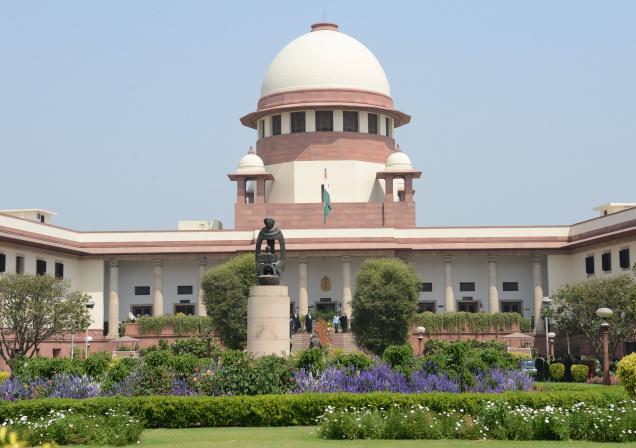 New Delhi August 5;The recent Supreme Court judgement on reservation on Monday came in for criticism in the Lok Sabha with members claiming that it would hit hard 80 per cent population of the country comprising SC, ST and Backwards.
New Delhi August 5;The recent Supreme Court judgement on reservation on Monday came in for criticism in the Lok Sabha with members claiming that it would hit hard 80 per cent population of the country comprising SC, ST and Backwards.
The judgement disallowing reservation in promotion in the faculty of AIIMS also saw members expressing concern over the erosion of Parliament’s supremacy and demanding urgent amendment to the Constitution to annul the apex court verdict.
Raising the issue during Zero Hour, JD(U) chief Sharad Yadav lamented that the courts have been repeatedly striking down legislations which are meant to benefit weaker sections.
He said while the judiciary was doing a good work in exposing corruption, it was negating the laws unanimously passed by all parties on social issues like reservation.
“They always do something so that Parliament does not run,” Mr. Yadav said regretting that the Constitution Bench had passed the order on the last day of the tenure of Chief Justice Altamas Kabir, who retired recently.
The matter of concern was that this apex court order was not just applicable to the AIIMS but on all such institutions.
“Reservation is a hard-earned achievement of the people after a long struggle. Some way should be found by the government to restore the rights of 80 per cent of the people of the country,” Mr. Yadav said.
Seconding the JD(U) leader, Samajwadi Party chief Mulayam Singh Yadav sought to know whether the people of weaker sections were “only meant to sweep the floors or be a chaprasi or a chowkidar.”
He said there were only two per cent people in high posts among the backward classes, who constitute 54 per cent of the population.
The SP chief also warned of nationwide protests if the government did nothing to annul the Supreme Court order.
Dara Singh Chauhan (BSP) said the situation would not have arisen if Parliament had passed the Reservation in Promotion Bill which was being strongly advocated by BSP supremo Mayawati.
P.L. Punia (Cong) said it was a matter of regret that the Supreme Court had not considered several important decisions taken by Parliament to give justice to weaker sections through reservation.
“Will only five people (bench of the apex court) decide the future of the country or the representatives sitting in Parliament,” he asked.
